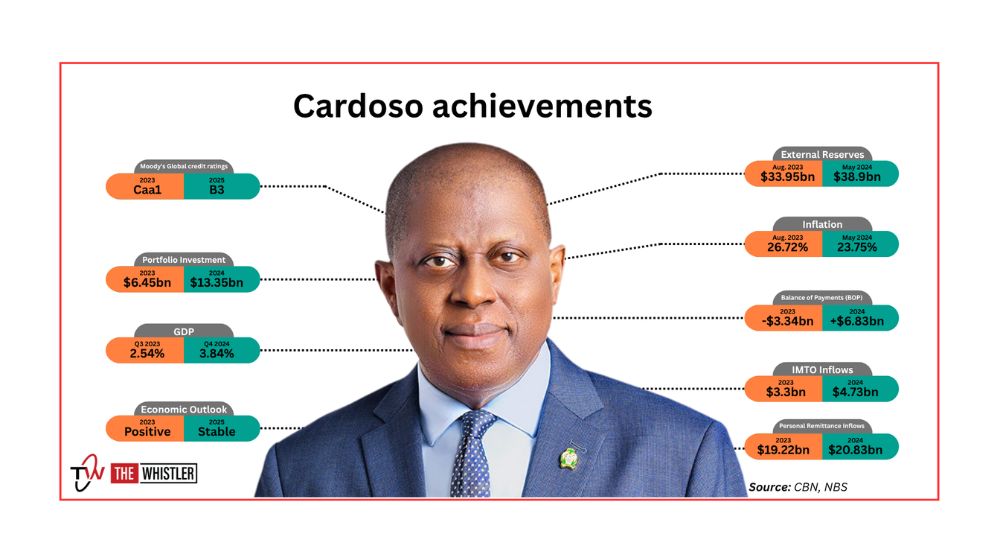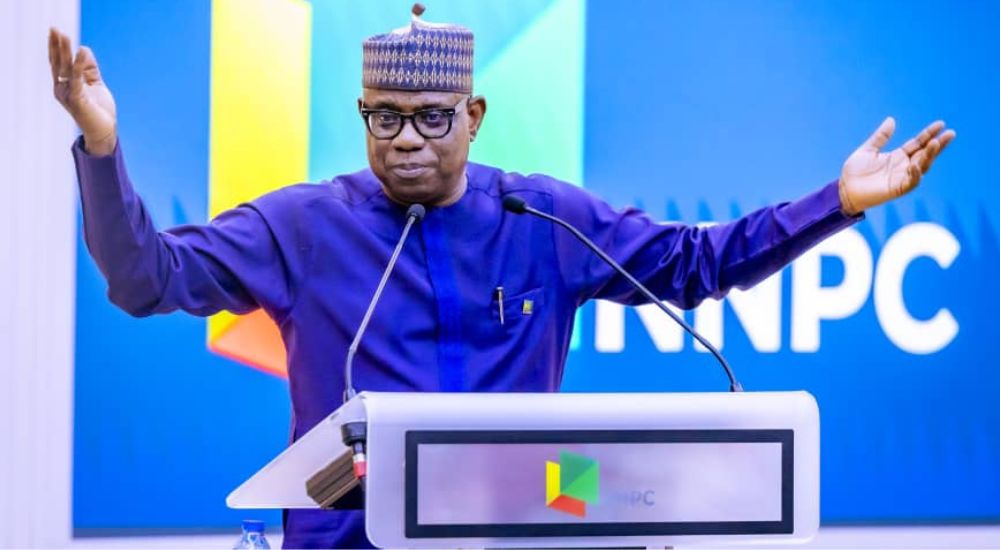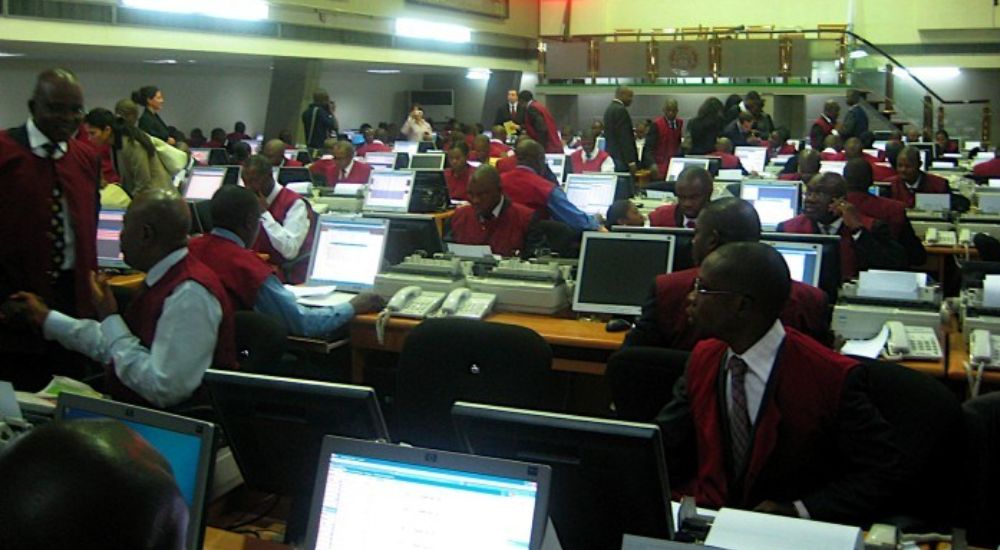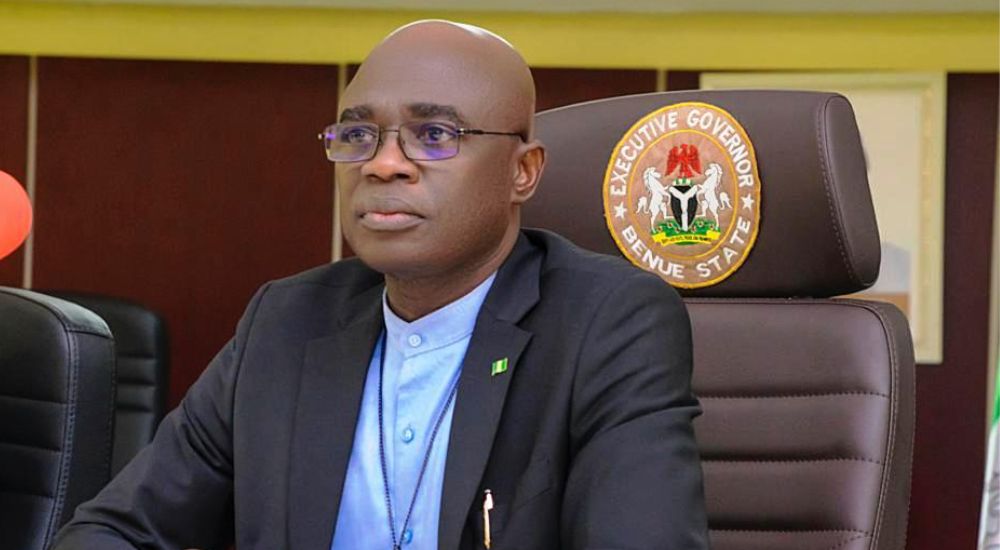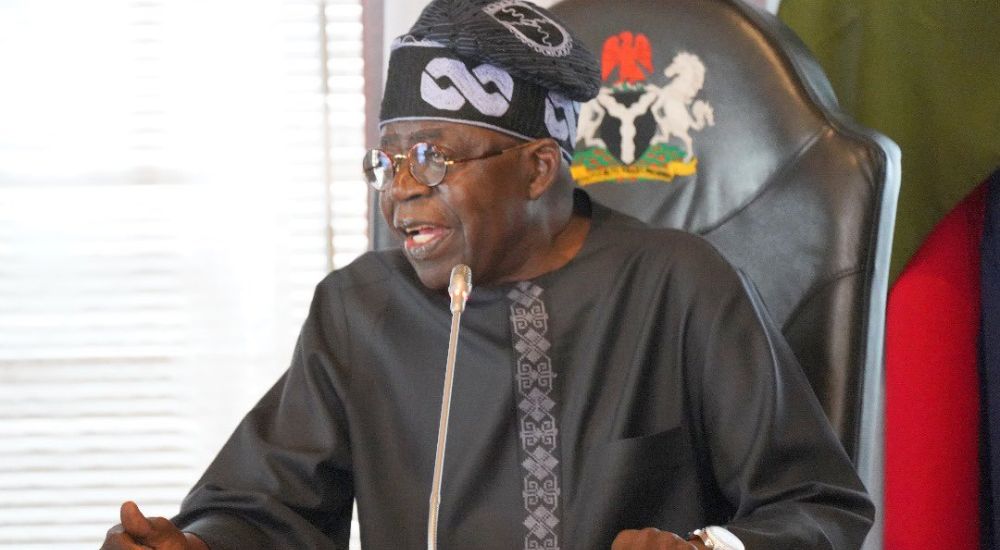Naira Stability Impossible Without Fiscal Reforms— Oyedele

The Chairman, Presidential Fiscal Policy and Tax Reforms Committee, Taiwo Oyedele, has said that Nigeria’s reform efforts are far from complete, with pressing economic adjustments still needed to unlock investment, stabilise the Naira, and lower the cost of doing business.
Oyedele said this during his 50th birthday policy lecture titled, “Designing Tomorrow – Policy Blueprint and Lessons for the Future.”
President Bola Tinubu appointed Oyedele to head the tax reform team.
He was appointed with the aim of transforming the tax system to support sustainable development and achieve a minimum Tax-to-GDP ratio of 18 per cent within the next three years, without stifling investment or economic growth.
Oyedele said during the lecture that the reforms being introduced are not done, adding “we still have unfinished business.”
He said, “We need to lower corporate tax rates further, on corporate, to attract more investment and stimulate expansion of businesses. With the high inflation, a high tax rate will invariably be taxing capital, not profit.
“We must address regulatory overage. Embrace digitalization, particularly in government services. Refine our tariff system to reduce the rates on raw materials and intermediate products, which are currently twice the average for Sub-Saharan Africa.
“We make input costs too high. Addressing our tariffs and regulatory hurdles is the equivalent of granting a waiver from all income and consumption taxes. So this is the low-hanging fruits.”
The tax committee chair said that without cohesive action across fiscal, monetary, and trade fronts, Nigeria risks further weakening of its currency despite maintaining a trade balance comparable to its African peers.
Oyedele noted, “We also need fiscal reforms to complement a strong and stable Naira, such as payments of taxes in Naira by Nigerian businesses that do not generate dollars.
“Despite having a comparable trade balance over the past ten years as Kenya and South Africa, the naira has lost six times more value than either the South African rand or the Kenyan shilling.
“This underscores the need for the fiscal, monetary and other policies to work together for us to have a strong and stable naira.”
He advised the government to focus on “doing only what the private sector will not do and collect the least amount of tax in doing so without compromising the required minimum quality standard.”
The chairman further advised the government to be intentional regarding non-inflationary spending and the quality of spending.
Naira Stability Impossible Without Fiscal Reforms— Oyedele is first published on The Whistler Newspaper

